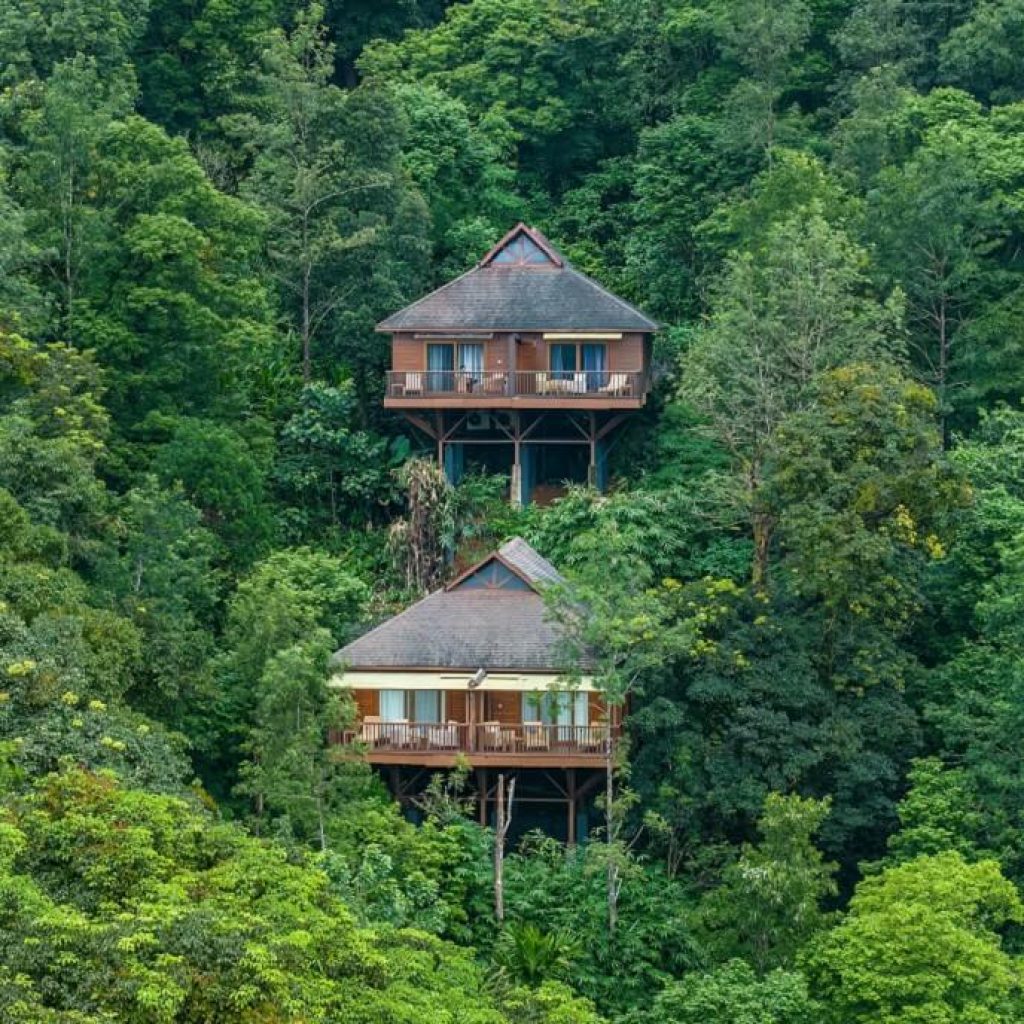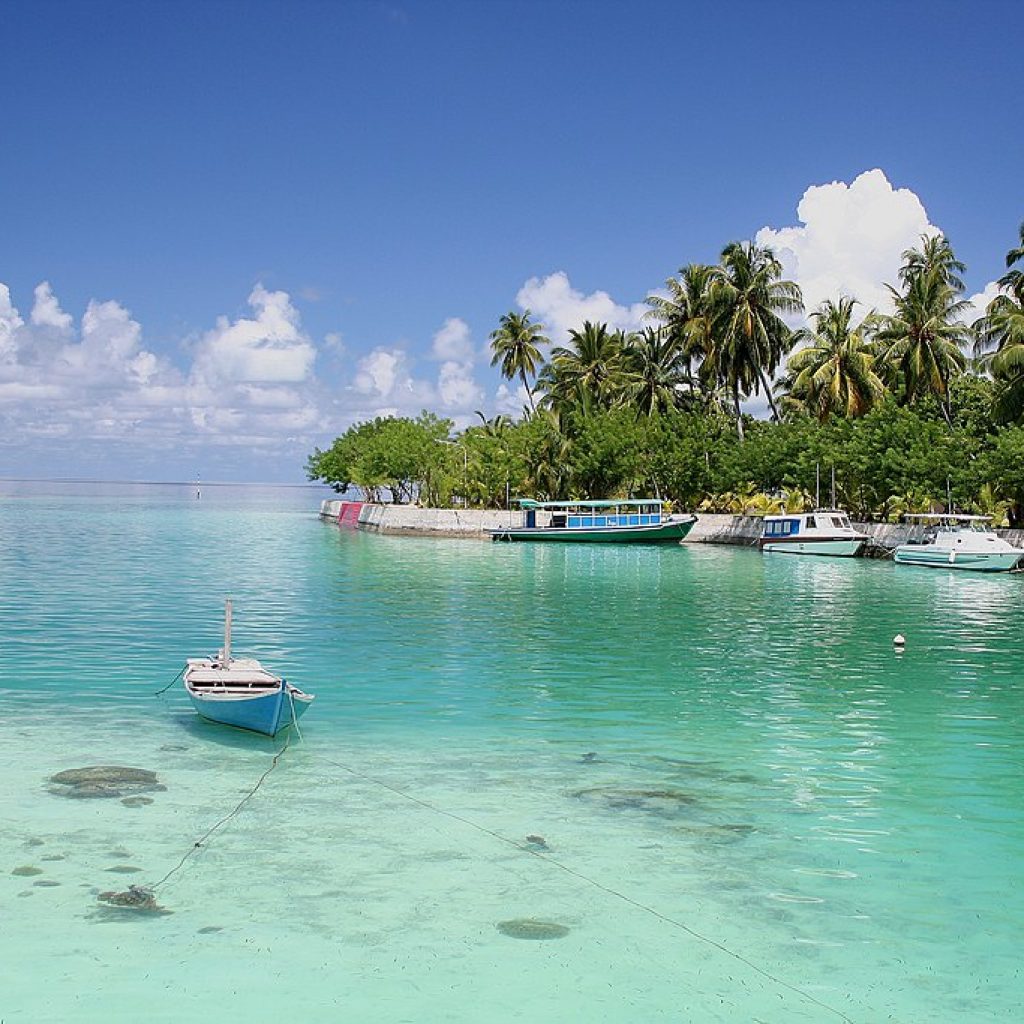The world of travel is evolving, and in 2025, sustainability isn’t just a buzzword — it’s a movement. More travelers are choosing eco-conscious stays, electric transport options, and meaningful local experiences that support both nature and communities. Sustainable tourism has become the new definition of responsible adventure — where every journey leaves a lighter footprint and a lasting positive impact.
Here’s how travelers can embrace greener holidays while still enjoying the magic of authentic experiences.
🌿 The Rise of Sustainable Tourism

According to the World Tourism Organization (UNWTO), sustainable tourism is about meeting “the needs of present tourists and host regions while protecting and enhancing opportunities for the future.” In simpler terms, it’s about traveling smart — exploring without exploiting.
Post-pandemic trends and climate awareness have shifted travel priorities. A global Booking.com study revealed that 83% of travelers want to make sustainable choices, while two-thirds actively seek eco-certified accommodations (booking.com).
This shift is visible everywhere — from resorts in the rainforests of Kerala to hybrid-electric boats gliding across the backwaters. Sustainable travel isn’t about sacrificing comfort; it’s about finding harmony between indulgence and impact.
🌴 Eco-Friendly Resorts in Kerala: Where Nature Meets Comfort

Kerala has always been synonymous with natural beauty, but in recent years, it has also emerged as a leader in eco-tourism. The state’s Responsible Tourism Mission promotes local culture, eco-stays, and green hospitality practices (keralatourism.org).
Here are a few Kerala resorts redefining sustainable tourism:
- Bamboo Dale, Munnar – Built entirely from locally sourced bamboo and recycled materials, this resort minimizes environmental impact while offering stunning mountain views. Guests can enjoy farm-to-table dining and guided nature walks that support local farmers.
- Spice Village, Thekkady – Modeled after a tribal village, this CGH Earth property uses solar energy, natural air circulation, and zero-plastic principles. Everything, from soaps to furniture, is handcrafted by local artisans (cghearth.com).
- Coconut Lagoon, Kumarakom – Accessible only by boat, this resort preserves the backwater ecosystem and heritage homes of Kerala. It recycles waste, harvests rainwater, and employs 90% local staff.
- Vythiri Resort, Wayanad – A rainforest retreat with gravity-fed water systems, bio-degradable waste management, and treetop villas that blend into the forest canopy.
Each of these properties shows that comfort and conscience can coexist beautifully.
⚡ Electric Mobility & Green Transport

Kerala is also pioneering eco-mobility. Electric vehicles (EVs) are rapidly being adopted across the state’s tourist circuit. The government, in partnership with Kerala State Electricity Board (KSEB), has launched public charging stations along major routes, enabling travelers to drive emission-free (ksed.in).
Electric houseboats and solar ferries now glide silently across the Alleppey backwaters, offering a pollution-free alternative to diesel engines. Similarly, cities like Kochi have introduced electric tuk-tuks and metro services powered by renewable energy, making urban travel greener.
Traveler Tip: Rent electric vehicles or join group transfers instead of hiring private fuel cars. It’s cheaper, cleaner, and helps reduce your carbon footprint.
🧵 Supporting Local Communities

Sustainable tourism also means uplifting the people who make your travel experience unique. Kerala’s Responsible Tourism (RT) Network connects travelers directly with local producers — from handicraft makers to farmers — ensuring fair income distribution.
Visitors can enjoy authentic experiences like:
- Village walks through Kumarakom’s RT model, where locals guide you through paddy fields and handicraft units.
- Cooking classes using traditional recipes and ingredients sourced from local farms.
- Cultural storytelling sessions with tribal artists in Wayanad.
By participating in these, travelers directly contribute to community welfare while discovering the heart of Kerala.
Traveler Tip: When shopping, skip mass-produced souvenirs. Buy from local artisans or fair-trade cooperatives. Every purchase helps sustain traditional livelihoods.
🌍 Simple Ways to Travel Sustainably

Here are small yet powerful steps you can take to travel responsibly in 2025:
- Choose eco-certified stays. Look for hotels with Green Globe or EarthCheck certifications.
- Pack light. Lighter luggage reduces airplane fuel consumption.
- Carry a reusable kit. Bring your own bottle, straw, and tote bag to avoid single-use plastics.
- Opt for local cuisine. Eating local reduces food miles and supports neighborhood farmers.
- Conserve resources. Turn off lights, limit towel use, and avoid water waste in hotels.
- Respect wildlife. Avoid tours that exploit animals or disturb natural habitats.
These conscious choices not only lower your carbon footprint but also deepen your connection with the places you visit.
💚 A Future Built on Conscious Travel

Sustainable tourism isn’t about perfection — it’s about progress. Each traveler’s choice matters, and when millions of us choose eco-friendly paths, it sparks global change. Kerala’s example shows how destinations can preserve their natural charm while offering modern comfort and community empowerment.
At Planet Earth Holidays, we believe responsible travel is the most rewarding way to see the world. Explore our collection of eco-friendly resorts and responsible tour experiences through our Planet Earth Holidays Blog — where every journey begins with purpose.
So, next time you plan a getaway, travel with care, curiosity, and compassion. The planet will thank you — and so will future travelers.
Travel green. Travel smart. Because sustainability is not a trend — it’s the way forward.



0 Comment